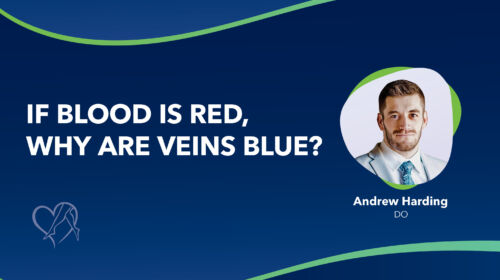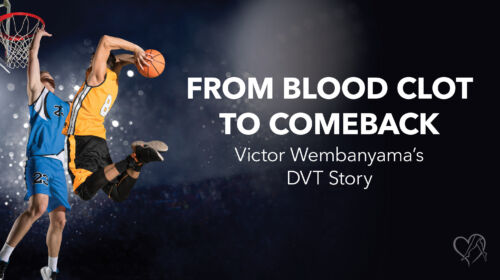
From Blood Clot to Comeback: Victor Wembanyama’s DVT Story
NBA star Victor Wembanyama’s recovery from deep vein thrombosis (DVT) highlights that vein disease can affect anyone, not just older adults. In this medically reviewed blog, Center for Vein Restoration (CVR) explains the connection between DVT, varicose veins, and circulation health, and how minimally invasive vein treatments can restore comfort and mobility. His story is a reminder that healthy veins keep you moving—on the court, at work, and in life.
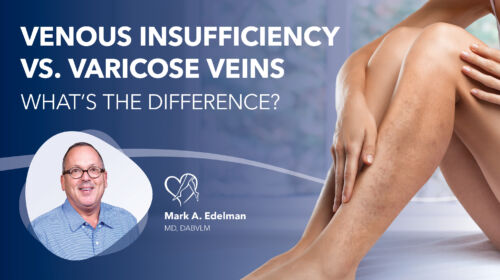
Venous Insufficiency vs. Varicose Veins: What’s the Difference?
Learn the key differences between varicose veins and venous insufficiency, two common vein conditions that affect circulation and leg health. This medically reviewed guide explains how valve failure in the veins leads to symptoms like leg swelling, pain, and visible veins—and why early treatment is essential. Discover expert insights from board-certified vein specialist Dr. Mark Edelman at Center for Vein Restoration, the nation’s leader in vein disease diagnosis and minimally invasive treatment.
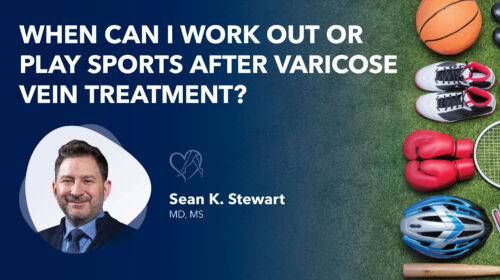
When Can I Work Out or Play Sports After Varicose Vein Treatment?
Wondering when it’s safe to exercise after varicose vein treatment? This medically reviewed blog from Center for Vein Restoration (CVR) explains how soon you can return to walking, sports, and fitness after minimally invasive vein procedures like sclerotherapy, ablation, or phlebectomy. Learn what recovery looks like, how to protect your results, and why following your board-certified vein doctor’s post-treatment plan ensures a faster, safer return to an active, pain-free lifestyle.
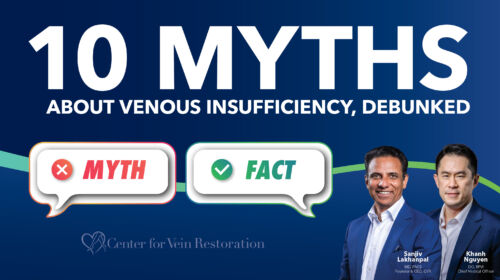
10 Myths About Venous Insufficiency, Debunked
Discover the truth and dispel common myths about varicose veins, spider veins, and chronic venous insufficiency (CVI) in this medically reviewed blog from Center for Vein Restoration, America’s leader in vein health. Learn what really causes leg pain, swelling, and vein disease, and explore modern, minimally invasive treatments that restore comfort and confidence.
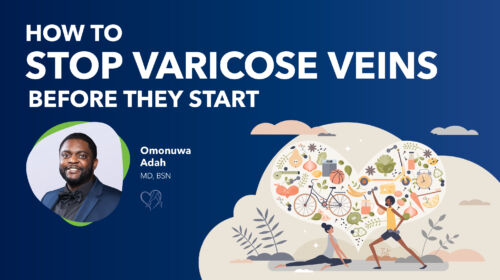
How to Stop Varicose Veins Before They Start
Varicose veins aren’t just a cosmetic concern — they’re a sign of poor circulation and vein disease. In this blog, a vein expert Center for Vein Restoration shares proven ways to prevent varicose veins, from exercise and diet to compression therapy and healthy lifestyle changes. Learn how to reduce your risk of venous insufficiency, protect your legs from pain and swelling, and keep your veins strong with the nation’s leading vein specialists.
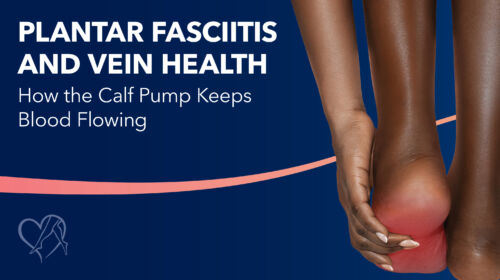
Plantar Fasciitis and Vein Health: How the Calf Pump Keeps Blood Flowing
Discover how plantar fasciitis and vein health are connected through the calf muscle pump, your body’s “second heart.” Learn how walking, supportive footwear, and expert care from Center for Vein Restoration (CVR) can improve circulation, reduce varicose and spider veins, and keep your legs healthy and pain-free.
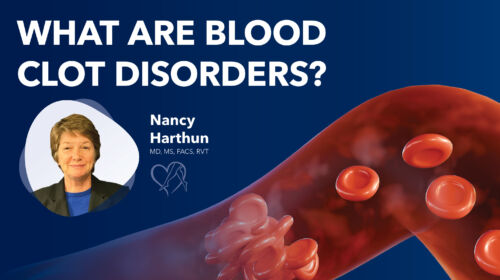
What Are Blood Clot Disorders?
This medically reviewed blog explains what blood clot disorders are, how they relate to vein disease, and why early diagnosis is important. It covers common conditions like DVT, VTE, and phlebolymphedema, along with their symptoms, risks, and prevention strategies. Readers will also learn how Center for Vein Restoration vein specialists provide advanced diagnostics and treatments to protect circulation and long-term health.
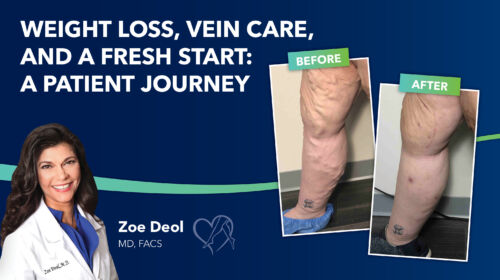
Weight Loss, Vein Care, and a Fresh Start: A Patient Journey
In this powerful patient story, learn how significant weight loss revealed painful varicose veins for Tammy, and how expert vein care at Center for Vein Restoration restored her confidence, comfort, and health. This inspiring patient journey highlights advanced vein treatments like radiofrequency ablation, microphlebectomy, and sclerotherapy, showing that minimally invasive care can deliver smooth, pain-free legs and renewed quality of life. Learn why CVR is the nation’s leader in treating varicose veins, spider veins, and venous disease.
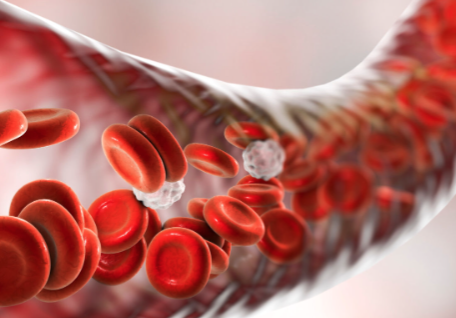 About Vein Disease
About Vein Disease
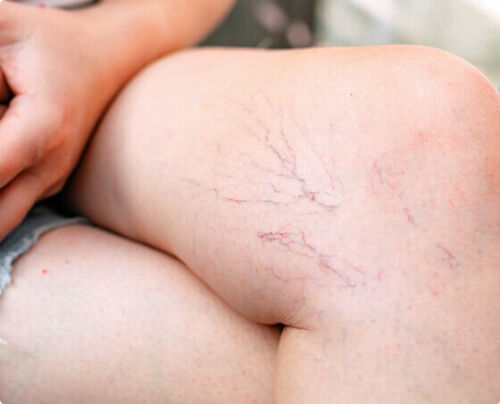 Spider Veins
Spider Veins
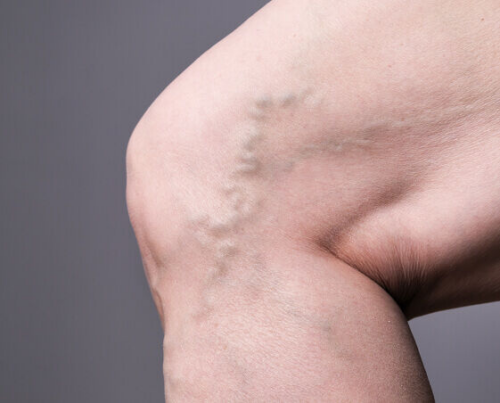 Varicose Veins
Varicose Veins
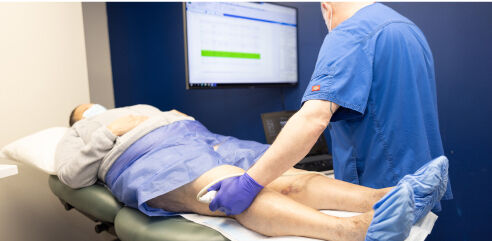 Vein Disease Treatments
Vein Disease Treatments
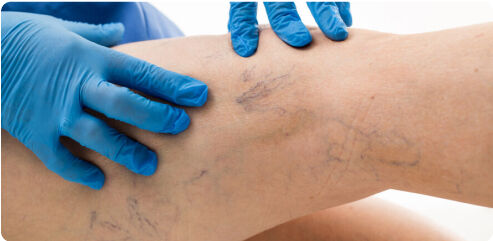 Treating Spider Veins
Treating Spider Veins
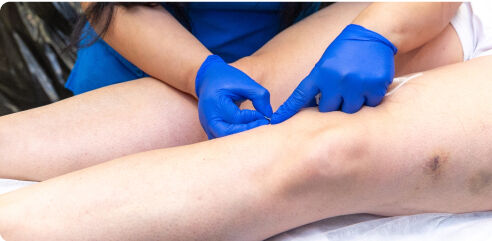 Treating Varicose Veins
Treating Varicose Veins
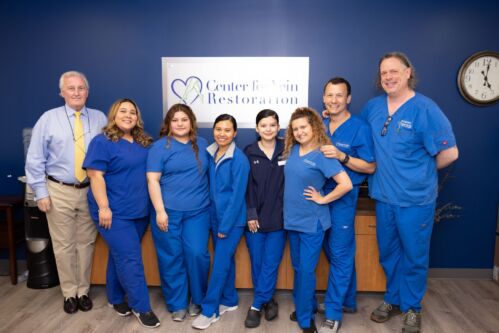 About Us
About Us
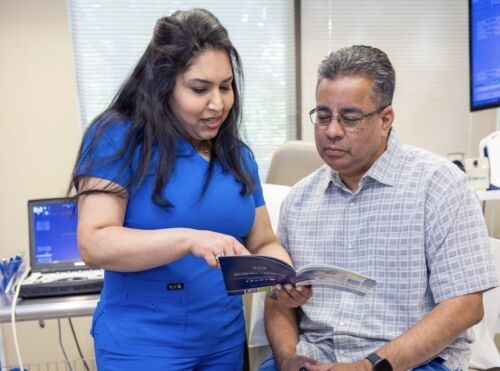 Patient Resources
Patient Resources
 Physician Resources
Physician Resources

